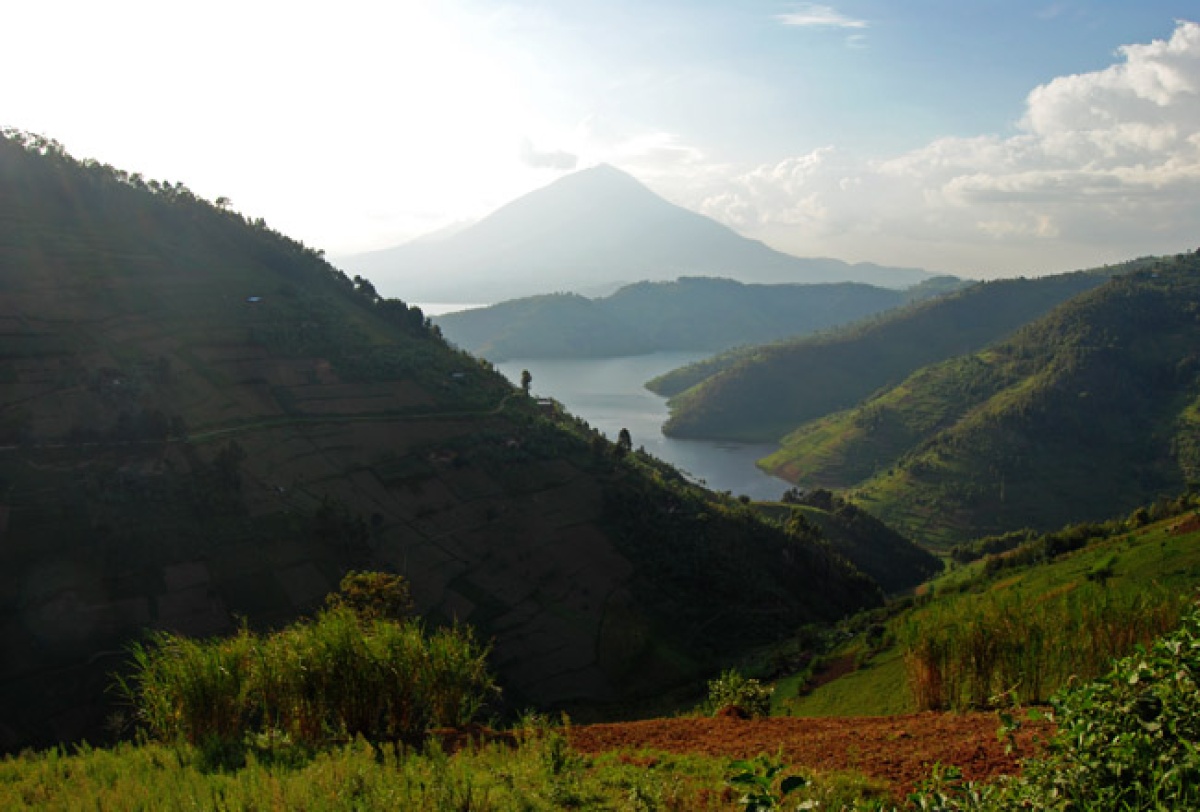Rwanda 20 Years after the Genocide: 'Investing in Life'
Posted on Apr 4, 2014

The genocide in Rwanda began 20 years ago this month. Over the course of 100 days, 1 million people were killed, an estimated 250,000 women were raped, and millions fled the small east African country. The international community failed to intervene, and much of the world deemed Rwanda a lost cause in the years immediately after.
Rwanda, however, has shown the world that prioritizing health equity and pursuing a strategic, people-centered approach to development can have a remarkable effect.
This week, more than 60 authors, led by Rwanda Minister of Health Dr. Agnes Binagwaho and Partners In Health co-founder Dr. Paul Farmer, published an article in The Lancet detailing the country’s significant health gains. Between the mid-1990s and 2012, the average life expectancy more than doubled. After having the world's highest rate of child mortality when the genocide ended, Rwanda today has caught up to the global average. And in the last 10 years, the country’s death rate from AIDS fell faster than it did in the U.S. and Western Europe, following the 1996 rollout of antiretroviral therapy.
“In the last decade, death rates from AIDS and tuberculosis have dropped more steeply in Rwanda than just about anywhere, ever.
“In the last decade, death rates from AIDS and tuberculosis have dropped more steeply in Rwanda than just about anywhere, ever. There are important lessons to be learned,” Dr. Farmer said. “In the 30 years that I’ve been involved in the provision of health care services to the poor and marginalized, I can think of no more dramatic example of a turnaround than that achieved in Rwanda.”
Using data from the World Health Organization, the United Nations, and the World Bank, the study’s authors show how an equity-based approach to health fosters broader social and economic development. The authors acknowledge that many challenges persist, including malnutrition and noncommunicable diseases, and note that the government has implemented strategies that ensure high-quality care and social support are available for poor and marginalized patients suffering from these conditions.
PIH and our sister organization Inshuti Mu Buzima (IMB) began working with the Rwanda Ministry of Health in 2005 to improve access to health care in three rural districts and build capacity among local health care workers. In the years since, this partnership has helped open the first comprehensive cancer care center in East Africa, delivered lifesaving care to the hardest-to-reach patients, and transformed medical education.
While there is much to be proud of, we cannot lose sight of Rwanda’s history or take our focus off its future. We stand in solidarity with Rwandans everywhere this month as they commemorate the past and continue to heal.
The Lancet article closes on a seemingly obvious but often overlooked truth. “The lesson of the post-genocide period for Rwanda—and for countries around the world hoping for recovery from social upheavals of many kinds—is that a nation’s most precious resource is its people.”

